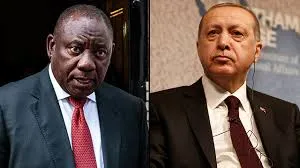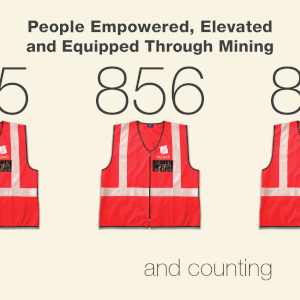Turkmen Terzi
Since 2021, Turkey has been making efforts to mediate between Russia and Ukraine to prevent war and seek a peaceful resolution. On December 8, 2021, President Recep Tayyip Erdoğan expressed Turkey’s willingness to act as a mediator to reduce tensions between the two countries. This statement came at a time when Russia had begun amassing troops on the Ukrainian border, causing global concern. Erdoğan emphasized that Turkey could maintain diplomatic relations with both parties and was ready to mediate accordingly. However, following Russia’s invasion of Ukraine in February 2022, Turkey soon realized that, due to its strategic position as a NATO member, it could not act as a fully neutral mediator.
On January 5, 2023, Erdoğan had a phone call with Ukrainian President Volodymyr Zelensky and reiterated Turkey’s offer to facilitate negotiations for lasting peace. During this period, Turkey also emphasized its support for negotiations involving the Zaporizhzhia Nuclear Power Plant and took steps to facilitate prisoner exchanges. By maintaining good relations with Russia while supporting Ukraine’s territorial integrity, Turkey attempted to strike a delicate diplomatic balance, positioning Ankara as a significant international actor. The peace talks held in Istanbul and Antalya were concrete steps reflecting these efforts. However, these talks ultimately failed to produce a lasting peace agreement.
On the other hand, in July 2022, Turkey, in cooperation with the United Nations, brokered an agreement to resume grain exports from Ukrainian ports in the Black Sea. This grain corridor agreement was crucial not only for Ukraine but also for global food security. Through this initiative, Turkey demonstrated its ability to balance relations with both Russia and Ukraine, offering a notable example of international mediation.
Nevertheless, Turkey’s efforts to bring about a comprehensive peace between Ukraine and Russia remain complicated due to its NATO membership and limitations regarding neutrality. Turkey does not recognize Russia’s annexation of Crimea, which continues to be a major obstacle to its mediation role. The Crimea issue remains a particularly sensitive topic, as Turkey seeks to maintain good relations with Russia while defending Ukraine’s sovereignty.
Ramaphosa’s Rise
In contrast, South African President Cyril Ramaphosa has taken a more independent stance, strengthening Africa’s role in promoting peace. By 2023, Ramaphosa had emerged as a key actor in mediating the Russia-Ukraine conflict. In June 2023, Ramaphosa and other African leaders launched an African-led peace initiative between Russia and Ukraine. This initiative was described as a historic step, marking the first time Africa had conducted such a peace mission abroad. Ramaphosa made significant progress by holding talks with both Putin and Zelensky, contributing meaningfully to the peace process.
Ramaphosa has been able to play a more independent role than Turkey, thanks to South Africa’s BRICS membership and strong diplomatic ties with Russia. As a NATO member, Turkey faces certain limitations when mediating between Ukraine and Russia. However, Ramaphosa’s affiliation with the Non-Aligned Movement allows him to adopt a more neutral position, unconstrained by military alliances.
Most recently, during Ukrainian President Zelensky’s visit to South Africa on April 24, 2025, Ramaphosa emphasized that peace negotiations should begin unconditionally. Zelensky’s growing trust in Ramaphosa at a time when the war is becoming increasingly difficult highlights South Africa’s rising influence on the global stage. Russian President Vladimir Putin and U.S. President Donald Trump both spoke with Ramaphosa by phone before Zelensky’s visit. Notably, Trump—who had previously cut aid to South Africa over land seizures from white farmers and excluded its foreign minister from the G-20 meeting in Johannesburg—reaching out to Ramaphosa illustrates the South African leader’s growing effectiveness.
In the wake of the expiration of the Erdoğan-led Grain Agreement, Ramaphosa is now working to establish a new grain hub at Kenya’s Port of Mombasa to ensure the continued shipment of vital Ukrainian grain, especially for West and East Africa.
Turkey and South Africa continue their mediation efforts in the Russia-Ukraine war through different strategies. However, Ramaphosa’s independent stance, South Africa’s membership in the Non-Aligned Movement, and broader diplomatic reach make him a more effective mediator than Erdoğan. While Turkey remains constrained by its NATO membership and the sensitive Crimea issue, Ramaphosa’s leadership is enhancing Africa’s contribution to global diplomacy.


